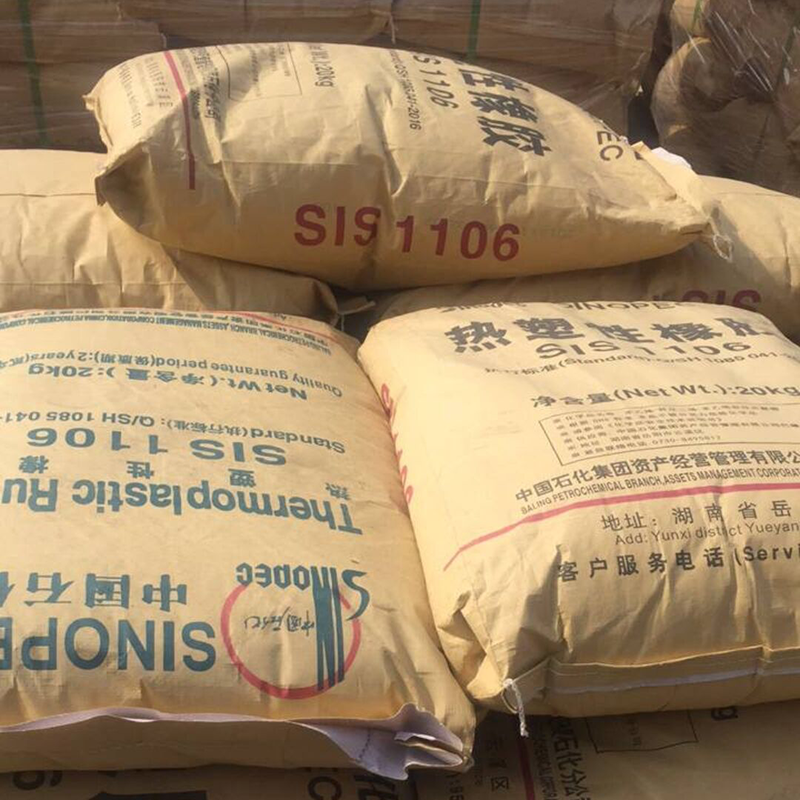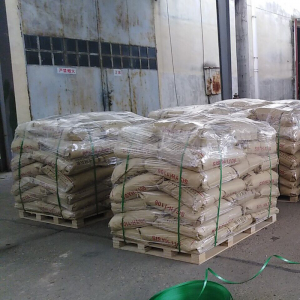SIS(Styrene-isoprene-styrene block copolymer)
Baling Petrochemical SIS is styrene – isoprene block copolymer in the form of white porous particle or translucent compact particle, with features of good thermo-plasticity, high elasticity, good melt fluidity, good compatibility with tackifying resin, safe and non-toxic. It can be applied to the hot-melt pressure-sensitive adhesives, solvent cements, flexible printing plates, plastics and asphalt modification, and is the ideal raw materials of adhesives used to manufacture packing bags, sanitation supplies, double-sided adhesive tapes and labels.
PROPERTIES AND APPLICATIONS
Styrene-isoprene block copolymers (SIS) are large volume, low priced commercial thermoplastic elastomers (TPE) which are produced by living ionic copolymerization by sequentially introducing styrene, 2-methyl-1,3-butadiene (isoprene), and styrene into the reactor. The styrene content typically varies between 15 and 40 percent. When cooled below the melting point, SIS’s with a low styrene content phase-separate into nano-sized polystyrene spheres imbedded in an isoprene matrix whereas an increase of the styrene content leads to cylindrical and then to lamellar structures. The hard styrene domains function as physical crosslinks which provide mechanical strength and improve the abrasion resistance, while the isoprene rubber matrix provides flexibility and toughness. The mechanical properties of SIS elastomers with a low styrene content are similar to those of vulcanized rubbers. However, unlike vulcanized rubber, SIS elastomers can be processed with equipment used for fabricating thermoplastic polymers.
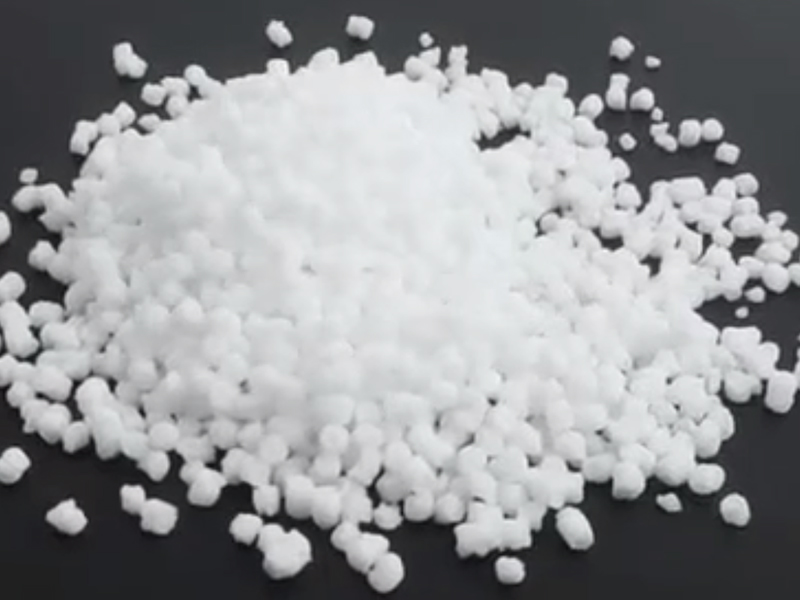
SIS block copolymers are often blended with tackifier resins, oils and fillers, which allows for a versatile modification of product properties or they are added to other thermoplastic polymers to enhance their performance.
SIS copolymers are widely used in hotmelt adhesives, sealants, gasket materials, rubber bands, toy products, shoe soles and in bitumen products for road paving and roofing applications. They are also used as impact modifiers and tougheners in plastics and (structural) adhesives.
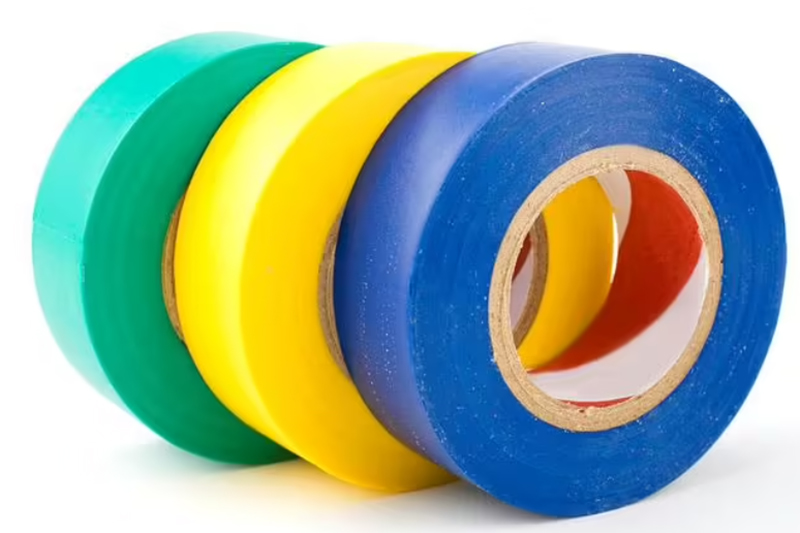
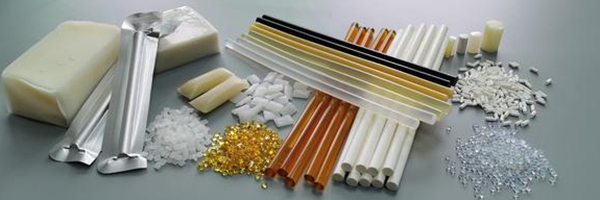
Main Physical Properties of Baling SIS Products (Typical Value)
| Grade | Structure | Block Ratio S/I | SI Content % | Tensile Strength Mpa | Hardness Shore A | MFR (g/10min, 200℃, 5kg) | Toluene Solution Viscosity at 25℃ and 25%, mpa.s |
| SIS 1105 | Linear | 15/85 | 0 | 13 | 41 | 10 | 1250 |
| SIS 1106 | Linear | 16/84 | 16.5 | 12 | 40 | 11 | 900 |
| SIS 1209 | Linear | 29/71 | 0 | 15 | 61 | 10 | 320 |
| SIS 1124 | Linear | 14/86 | 25 | 10 | 38 | 10 | 1200 |
| SIS 1126 | Linear | 16/84 | 50 | 5 | 38 | 11 | 900 |
| SIS 4019 | Star-shaped | 19/81 | 30 | 10 | 45 | 12 | 350 |
| SIS 1125 | Linear | 25/75 | 25 | 10 | 54 | 12 | 300 |
| SIS 1128 | Linear | 15/85 | 38 | 12 | 33 | 22 | 600 |
| 1125H | Linear | 30/70 | 25 | 13 | 58 | 10-15 | 200-300 |
| 1108 | Coupling linear | 16/84 | 20 | 10 | 40 | 15 | 850 |
| 4016 | Star-shaped | 18/82 | 75 | 3 | 44 | 23 | 500 |
| 2036 | Mixed | 15/85 | 15 | 10 | 35 | 10 | 1500 |


